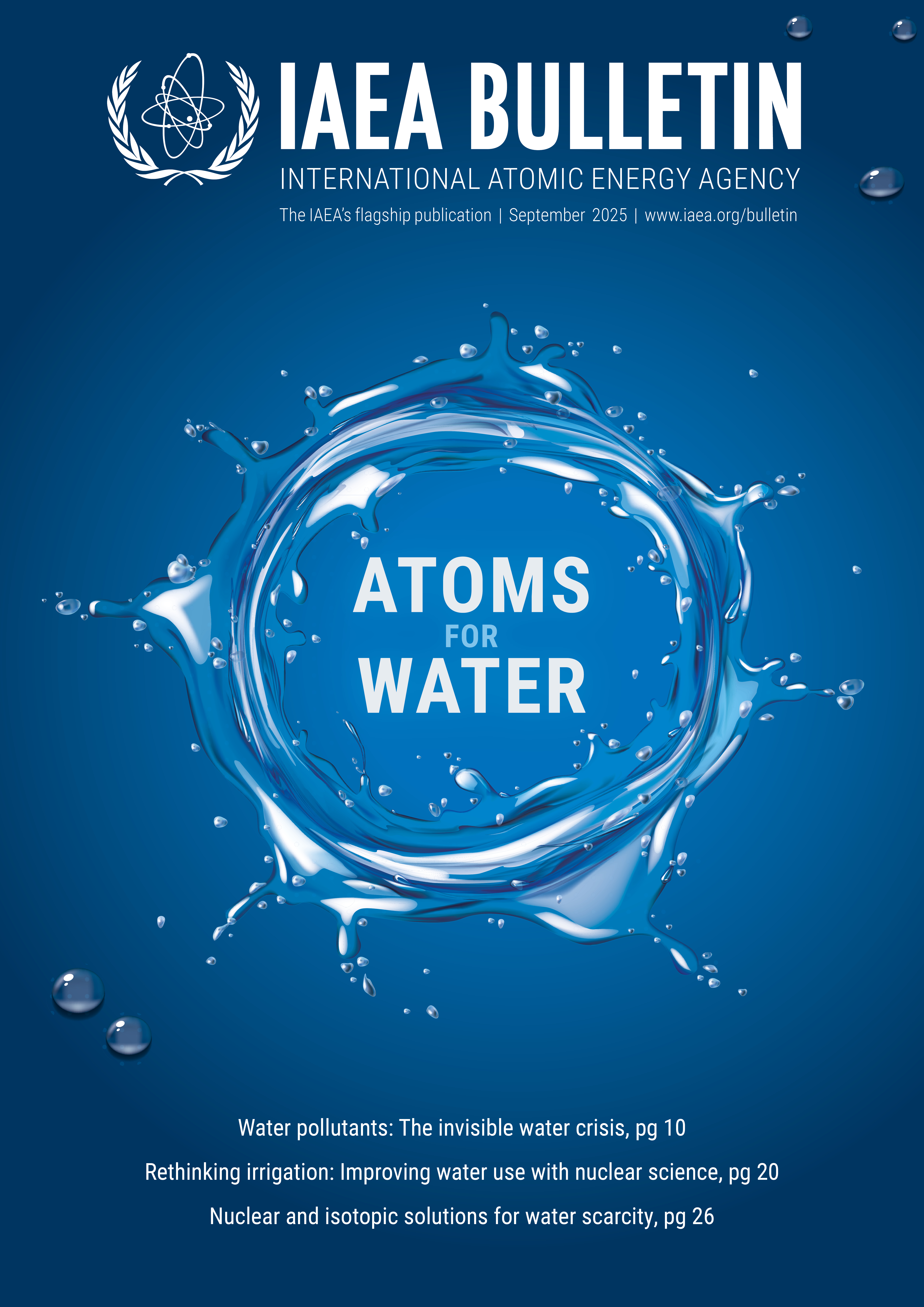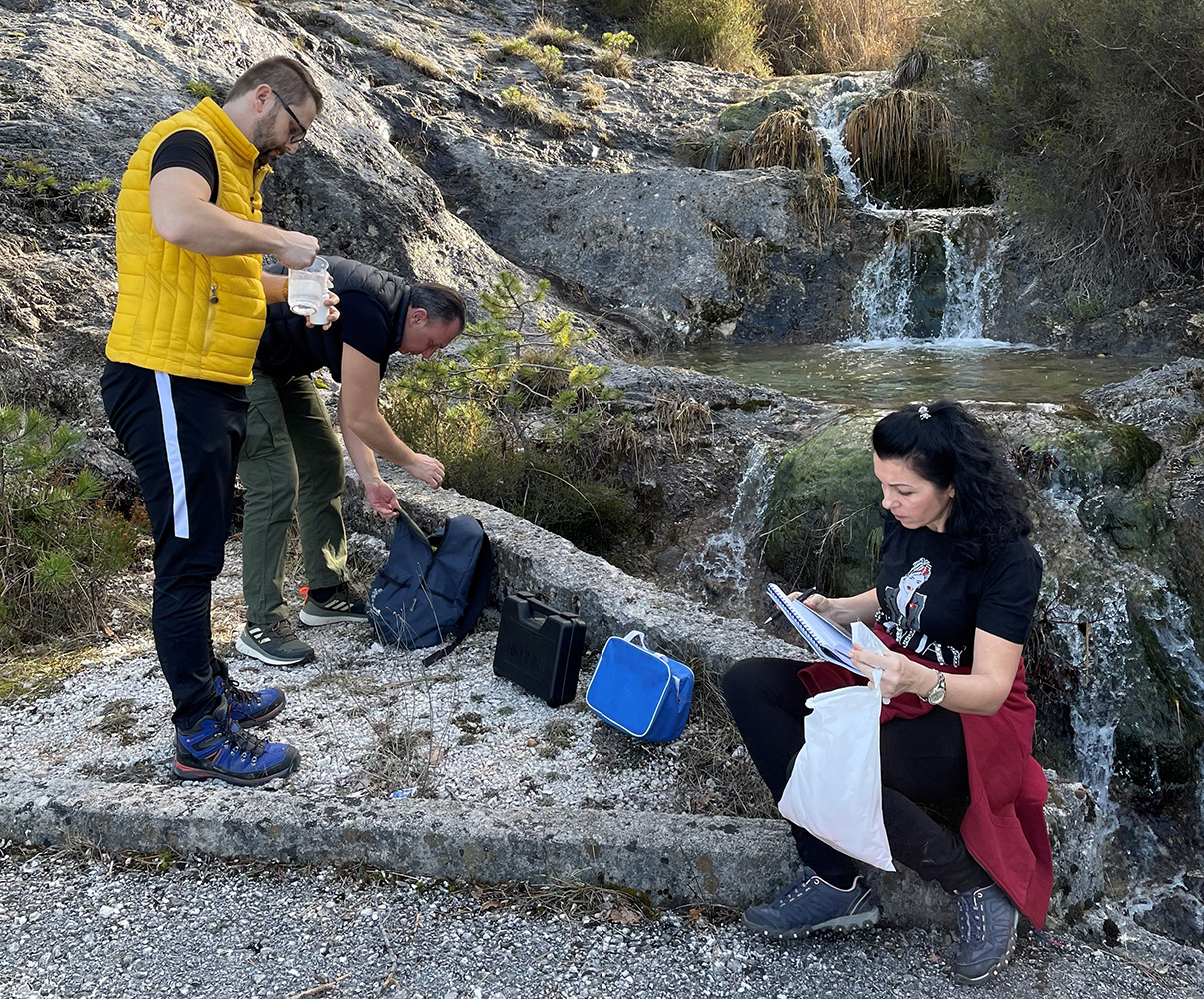Using isotopes to decode karst aquifers
Until recently, neither country had a good understanding of their aquifer’s hydrological conditions. In 2020, both countries joined 25 others across Europe and Central Asia in participating in an IAEA regional technical cooperation project to study how climate change influences groundwater resources. The project aimed to train water specialists in the latest techniques for water sampling and analysis, calculating recharge rates and developing models for regional water cycles. Through fellowships, scientific visits and a regional meeting, participants deepened their knowledge of climate change scenarios and formed a regional network of experts with the skills and equipment to monitor and evaluate water resources using isotope hydrology.
Hydrologists from Bosnia and Herzegovina and Montenegro worked together to develop the first conceptual model of the Oko-Bijela Gora karst aquifer. The IAEA provided equipment and supplies for fieldwork and laboratory analysis and training in isotope analysis. The scientists collected precipitation, groundwater and surface water samples and used their newly acquired skills in isotopic analysis to study factors affecting the aquifer’s sustainability, including as a source of drinking water and for hydropower generation.
Combining these findings with historical hydrological and meteorological data, the researchers determined the conditions for the aquifer’s recharge. With this new knowledge, they developed models and maps to identify groundwater recharge areas and explored how surface water affects the aquifer’s hydrogeological cycle. This information provides a blueprint for a water resource management policy that could help both countries protect their shared aquifer.
“The implementation of this project has set a clear direction for guiding the design of future research in the field of water research management and climate change,” said Uro? Juro?evi?, Head of the Department for Geographic Information Systems at the Geological Survey of the Republic of Srpska in Bosnia and Herzegovina.
The project was the first to use isotopic techniques to investigate transboundary groundwater and surface water management in the region. It demonstrated that isotope hydrology is an important tool for studying karst aquifers.
“Working together with colleagues from the region strengthens mutual understanding and supports the sustainable management of this vulnerable karst system,” said Dragan Radojevi?, Head of the Department for Hydrogeology and Geotechnical Investigations at the Geological Survey of Montenegro.

